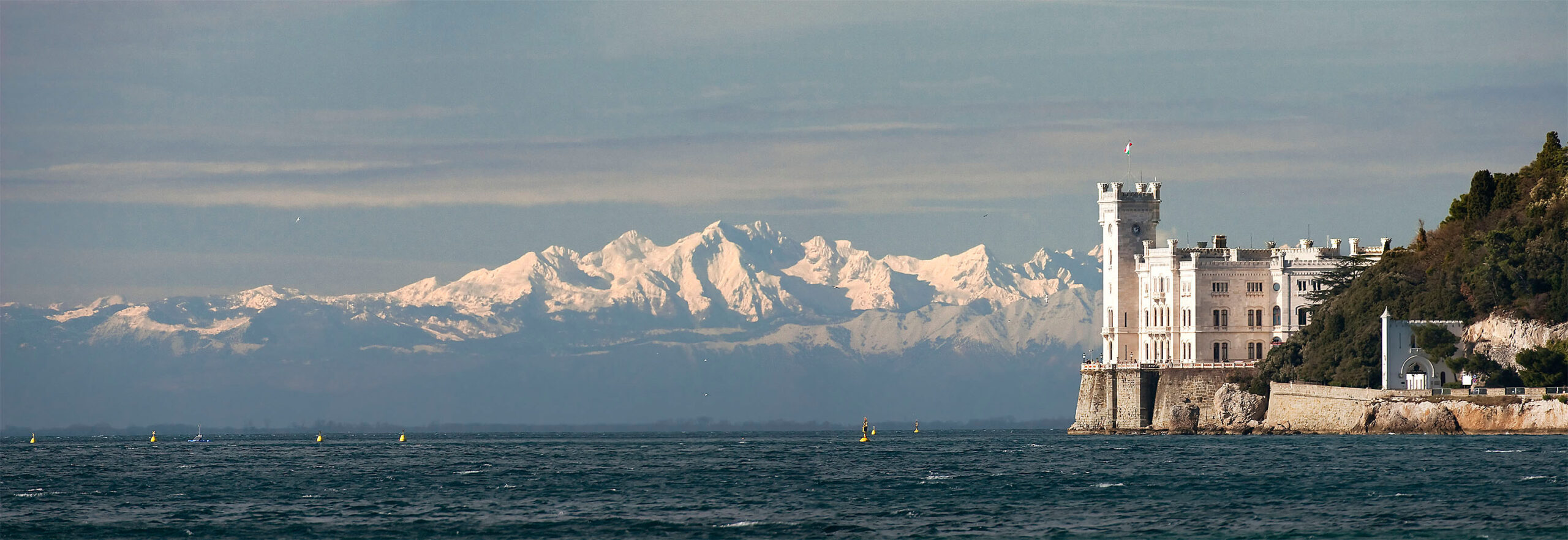
TEQ – Testing the Large scale Limit of Quantum Mechanics, is a EU H2020 FET project, which will explore the macroscopic limit of quantum theory, with the specific goal of answering the question: does quantum coherence survive when the mass/complexity of a system increases, or does it break down as predicted by alternative formulations? Assessing the boundaries of quantum theory is one of the most relevant problems in modern physics, with also a clear technological impact, as the scalability of future quantum technologies depends on the possibly unlimited validity of the quantum paradigm.
Within the framework of TEQ, the workshop Redefining the foundations of physics in the quantum technology era will explore the state of the art – both theoretically and experimentally – of our understanding of quantum theory and discuss the new directions of research.
Speakers will include leading senior experts in quantum mechanics as well as junior members of the TEQ consortium.
Download the Program and the Booklet of Abstracts.
Download the Poster.
Invited Speakers
|
Luis Cortes Barbado (University of Vienna, Austria) “Quantum Reference Frames: from particles to fields” |
Cyrille Solaro (Aarhus University, Denmark) “Photon Recoil Spectroscopy: Molecular spectroscopy and detection of motional heating of charged particles” |
|
Alessio Belenchia (QUB, Belfast) “Near Field Interferometry with Large Particles” |
Luca Mancino (Queen’s University Belfast, UK) “Entropy production in continuously measured quantum systems” |
|
Florian Marquardt (Max-Planck Institute for the Science of Light, Erlangen, Germany) “Classical Neural Networks for Quantum Physics” |
Stefan Nimmrichter (Max-Planck Institute for the Science of Light, Erlangen, Germany) “Classical channel gravity in the Newtonian limit” |
|
Sougato Bose (University College London, UK) “Superpositions of Mesoscopic Objects for Sensing Quantum Gravity and Gravitational Waves” |
Ward Struyve (K.M. Leuven) “Cosmic acceleration as a quantum gravity effect” |
|
Matteo Carlesso (University of Trieste, Italy). “The action of CSL noise: from single atoms to macroscopic systems” |
Tracy Northup (University of Innsbruck, Austria) “Towards quantum optomechanics with nanospheres and trapped ions” |
|
Magdalena Zych (University of Queensland, Australia) “Relativity of quantum superpositions and its implications for collapse models” |
Tjerk Oosterkamp (University of Leiden, The Netherlands) “Approaching the quantum to classical transition from both sides: progress, difficulties and plans with mK mechanical resonators” |
|
Ron Folman (Ben-Gurion University of the Negev, Israel) “New opportunities with the atom chip” |
Kristian Piscicchia (INFN, Frascati) “Quantum Mechanics Studies in the Cosmic Silence” |
|
Andrea Vinante (University of Southampton, UK) “Progress in testing spontaneous localization models with low temperature micromechanical resonators” |
Antonio Pontin (University College London, UK) “An ultra-narrow line width levitated nano-oscillator for testing dissipative wavefunction collapse” |
|
Stefan Gerlich (University of Vienna, Austria) “Long-Baseline Universal Matter Wave Interferometry” |
Jason Ralph (University of Liverpool, UK) “Statistical Methods for Distinguishing Quantum and Classical Dynamics” |
|
Edward Laird (University of Lancaster, UK) “Displacemon electromechanics: an approach towards testing quantum interference in a tethered nanomechanical resonator” |
Andrew Steane (University of Oxford, UK) “Limits to quantum coherence from existing physics, and the Paul trap as a probe of CSL” |
|
Gabriel Hetet (ENS, France) “Spin-mechanics with trapped diamonds” |
Tobias Donner (ETH Zurich) “Dissipation-induced instability in a quantum gas” |
Full list of participants
Programme Committee
Angelo Bassi (University of Trieste – chair), Catalina Curceanu (INFN), Peter Barker (UCL), Mauro Paternostro (Queen’s University Belfast), Michael Drewsen (Aarhus University), Liberato Manna (TU Delft), Hendrik Ulbricht (University of Southampton), Caslav Brukner (University of Vienna), Nils Hempler (M Squared Lasers Limited)
Local Organizers
Angelo Bassi (UniTs, INFN)
Irene Spagnul (UniTs)
Location
The workshop will take place in Kastler Lecture Hall, Adriatico Guesthouse, ICTP, Via Grignano 9, Trieste. The Adriatico Guesthouse can be reached directly from the train station by taking the bus number 6.
Suggested lunch/dinner options
- ICTP Adriatico Guesthouse canteen
- Mignon Restaurant, via Carlo Junker 12, Mignon Hotel, Grignano. Tel. +39 040 224611
- Principe di Metternich Restaurant, Riva Massimiliano e Carlotta, 7, Grignano. Tel. +39 040 224289
- Tavernetta al Molo, Riva Massimiliano e Carlotta 11, Grignano. Tel. +39 040 224275
The restaurants are all at a very short walking distance from the venue and overlook the sea. Reservation might be necessary, especially for dinner.
